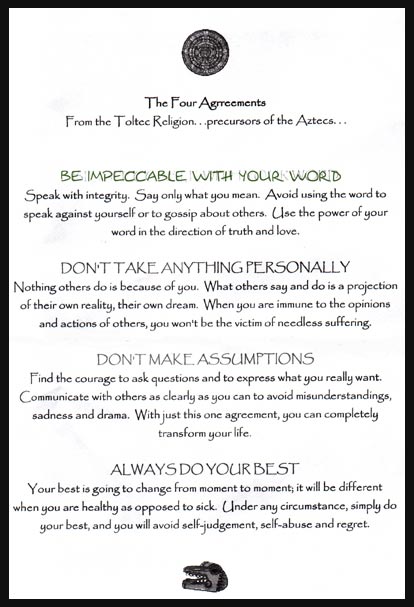How ‘Emotions’ Make For Better Decisions
 It seems like common sense that emotions lay the foundation for effective decision making. Of course, that’s not to say that you should make “emotional decisions” necessarily. However, in a (Dis)Information Age when data is cheaper than table salt, more information is created every 48 hours than the entire body of knowledge in the history of humanity prior to the twenty-first century. So it’s easy to see how more information is NOT the answer to improved decision making. On that note, it’s good to know that your mind has a built-in emotional compass. Maybe there’s more truth to the timeless wisdom our grandparents passed on to us after all, particularly when they said, “Listen to your heart.”
It seems like common sense that emotions lay the foundation for effective decision making. Of course, that’s not to say that you should make “emotional decisions” necessarily. However, in a (Dis)Information Age when data is cheaper than table salt, more information is created every 48 hours than the entire body of knowledge in the history of humanity prior to the twenty-first century. So it’s easy to see how more information is NOT the answer to improved decision making. On that note, it’s good to know that your mind has a built-in emotional compass. Maybe there’s more truth to the timeless wisdom our grandparents passed on to us after all, particularly when they said, “Listen to your heart.”
“In a new book called 30-Second Brain, writer science Christian Jarrett explains how the brain comes to a decision with a quick story:
From Plato’s charioteer controlling the horse of passion, to Freud’s instinctual id suppressed by the ego, there’s a long tradition of seeing reason and emotion as being in opposition to one another. Translating this perspective to neuroscience, one might imagine that successful decision making depends on the rational frontal lobes controlling the animalistic instincts arising from emotional brain regions that evolved earlier (including the limbic system, found deeper in the brain). But the truth is quite different—effective decision making is not possible without the motivation and meaning provided by emotional input. Consider Antonio Damasio’s patient, “Elliott.” Previously a successful businessman, Elliott underwent neurosurgery for a tumor and lost a part of his brain—the orbitofrontal cortex—that connects the frontal lobes with the emotions. He became a real life Mr. Spock, devoid of emotion. But rather than this making him perfectly rational, he became paralyzed by every decision in life. Damasio later developed the somatic marker hypothesis to describe how visceral emotion supports our decisions. For instance, he showed in a card game that people’s fingers sweat prior to picking up from a losing pile, even before they recognize at a conscious level that they’ve made a bad choice.“
Ref. “The Neuroscience of How We Make Decisions, Summed Up in 30 Seconds.”


